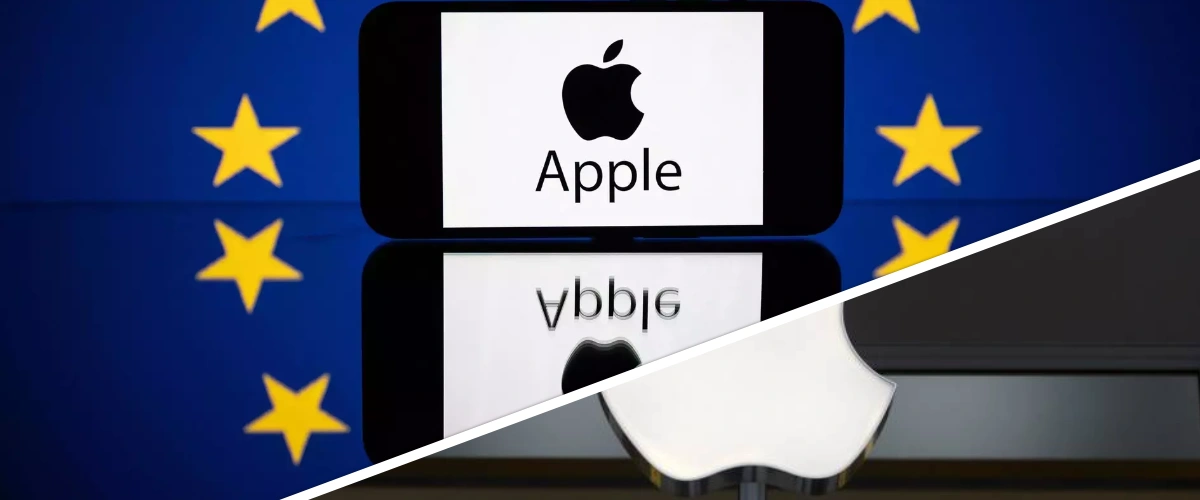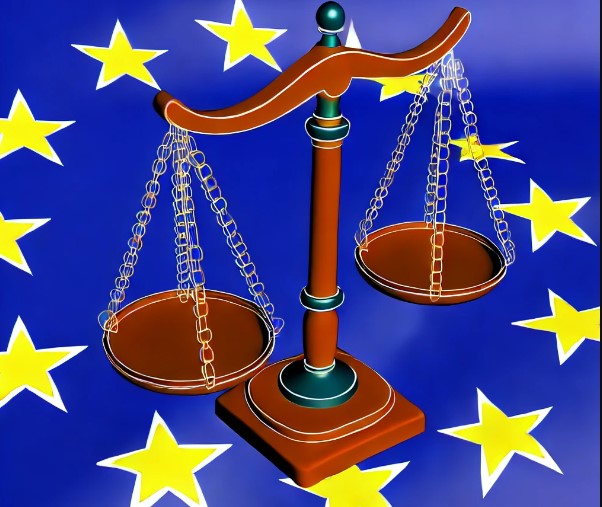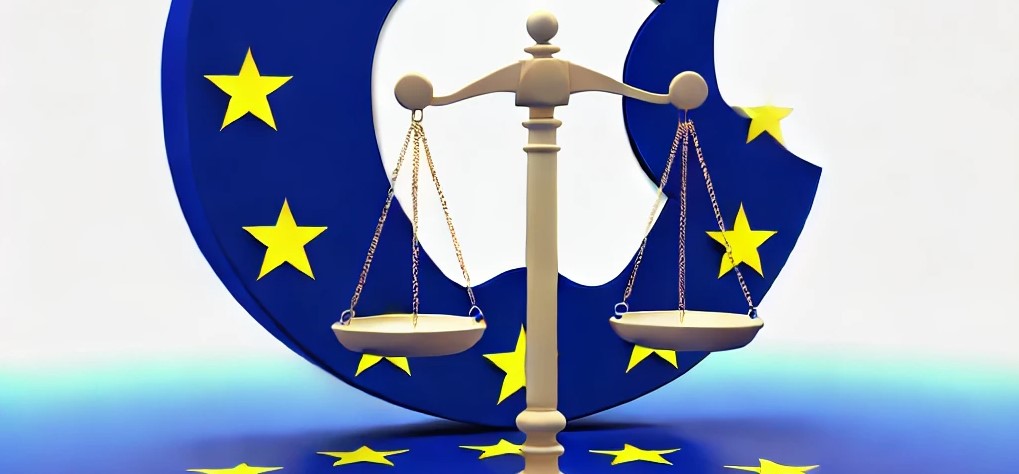Apple has lost a high-profile legal battle in the European Union’s top court over its controversial tax arrangements in Ireland, marking a significant win for the European Commission in its ongoing fight against tax avoidance by large multinationals. The EU Court of Justice ruled that the tech giant must pay back €13 billion (approximately $14 billion) in taxes to the Irish government, upholding a decision that Apple benefited from an unlawful state subsidy through its low tax bills.
Background of the Case

The dispute centers around tax deals Apple struck with Ireland, allowing it to pay corporate tax rates as low as 0.005%, a figure the European Commission argued amounted to illegal state aid. The Commission originally launched the case following the LuxLeaks revelations, which exposed favorable tax rulings granted by several European nations to multinational corporations.
In 2016, the Commission ordered Apple to pay back the €13 billion, arguing that the Irish government had violated EU competition laws by giving Apple a substantial advantage over its competitors. However, both Apple and Ireland challenged the decision, leading to a lengthy legal battle. A lower court, the General Court of the European Union, initially ruled in favor of Apple in 2020, but today’s judgment from the Court of Justice reverses that decision, handing the European Commission a crucial victory.
EU’s Tax Campaign and Vestager’s Legacy
The ruling is being hailed as a major win for Margrethe Vestager, the EU’s outgoing antitrust chief, who has made it her mission to crack down on favorable tax deals for large multinationals, particularly American tech companies. Known as the EU’s “tax lady” — a moniker given to her by former U.S. President Donald Trump — Vestager has targeted companies like Starbucks, Amazon, and Fiat Chrysler, though her efforts have faced mixed success in court.
Despite some setbacks, Vestager has emphasized that her actions have led to broader national and international tax reforms. “Our investigations have decisively contributed to a mind shift,” she said, referencing changes in how EU member states approach corporate tax practices. She added that today’s ruling affirms Brussels’ ability to ensure member states adhere to their own tax rules, even as the EU has limited power over national tax policies.
Implications for Ireland and Apple
While Apple faces a massive tax bill, the Irish government has found itself in an awkward position, as it has consistently opposed the European Commission’s ruling. Ireland has become a major hub for tech companies, offering them low tax rates in exchange for investment and jobs. Many U.S. multinationals, including Google and Facebook, have established European headquarters in Ireland to take advantage of these favorable conditions.
Michael McGrath, Ireland’s former finance minister, had defended the country’s tax arrangements with Apple. Ironically, McGrath is now set to move to Brussels to take on a role as a European Commissioner, tasked with overseeing portfolios related to EU governance.
Apple, for its part, expressed disappointment with the court’s decision. In a statement, the company said, “We always pay all the taxes we owe wherever we operate and there has never been a special deal.” Apple also argued that its income has already been subject to $20 billion (€18 billion) in U.S. taxes and accused the European Commission of attempting to retroactively change tax rules.
A Broader Battle Against Corporate Tax Avoidance
This ruling is being celebrated by tax activists and organizations that have long called for greater transparency and accountability in corporate taxation. Chiara Putaturo, an EU tax expert for Oxfam, said in a statement, “This ruling exposes EU tax havens’ love affair with multinationals. It delivers long-overdue justice after over a decade of Ireland standing by and allowing Apple to dodge taxes.”

The case is part of a wider campaign by the European Union to combat tax avoidance by multinational corporations, particularly those based in tax havens. Recent legal action has also targeted companies like McDonald’s and Engie, though the Commission has not always succeeded in court.
In a broader sense, the case reflects growing global scrutiny of corporate tax practices, particularly in light of international efforts to establish minimum corporate tax rates through the OECD’s tax reform initiative. The G7 and G20 countries have also pushed for reforms to ensure that large companies, particularly those in the tech sector, pay their fair share of taxes wherever they operate.
Conclusion
The ruling marks a turning point in the European Union’s battle against corporate tax avoidance, particularly among U.S. tech giants. By forcing Apple to pay back billions in taxes, the EU has sent a strong message that it will no longer tolerate “sweetheart” tax deals that undermine competition and fairness within the bloc. With the case now resolved, the EU may seek to build on this momentum by introducing further legislative measures to close tax loopholes and ensure that all corporations contribute fairly to the economies in which they operate.
For Apple, while the immediate financial impact may be significant, the larger implications for its global tax strategy and its relationship with EU regulators could have lasting effects on how the company conducts business in Europe.






